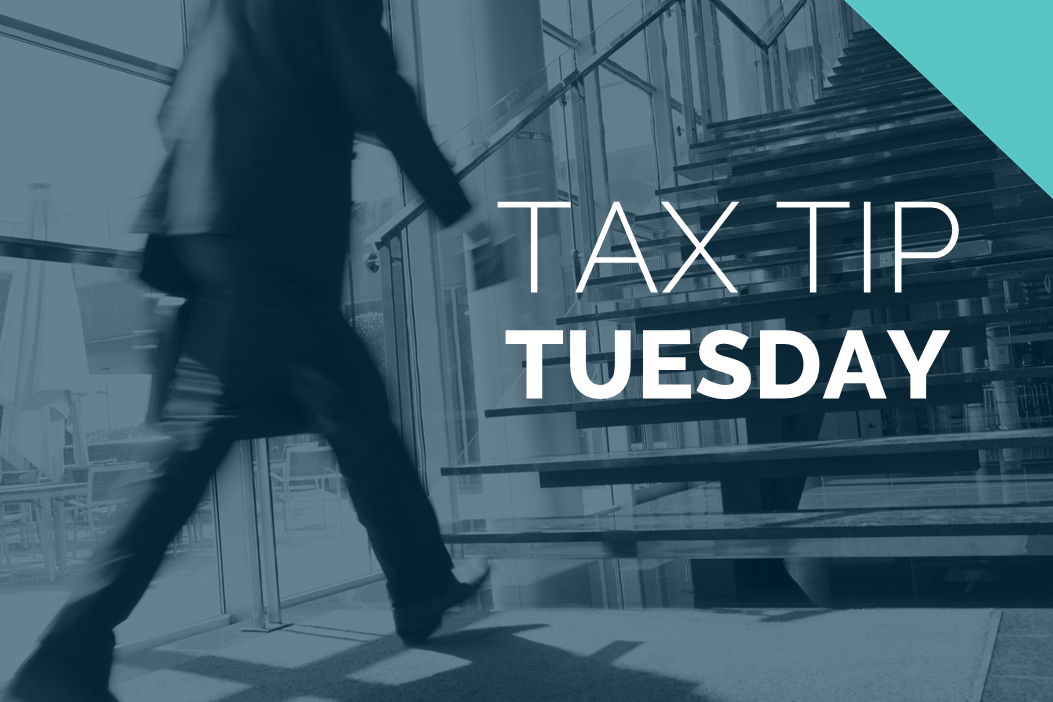Effective May 21, 2023, P&N has joined EisnerAmper. Read the full announcement here.

Tax extensions are relatively common and may be considered for a variety of reasons. If a taxpayer is missing an important document, experiences unforeseen events, or has a complex tax situation and needs more time, a tax extension can be helpful.
What is a Tax Extension?
The IRS requires taxpayers to file either a tax return or a tax extension request by the tax deadline (usually, April 15th). An extension is filed using IRS form 4868, and allows the taxpayer to file their tax return on October 15th. Importantly, an extension does not provide additional time to pay the taxes owed.
- An extension of time to file your return does not grant you any extension of time to pay your taxes.
- You should estimate and pay any owed taxes by your regular deadline to help avoid possible penalties.
- You must file your extension request no later than the regular due date of your return.
Filing Taxes vs. Paying Taxes
The extension will provide the taxpayer protection from the late filing penalty, but will not protect the taxpayer from the late payment penalty. The late payment penalty is .5% per month, or any part of a month, up to a maximum penalty of 25%. Thus, the taxpayer should be in a position to estimate their tax liability and pay their tax liability by April 15th regardless of the extension to file the tax return by October 15th.
How Can a Tax Extension Help?
A tax extension can help the taxpayer avoid or reduce penalties or interest on taxes due. While the estimated tax payment is always due by April 15th, any penalties or interest will only accrue on the unpaid balance once the tax return is filed.
The extension also provides additional time to review opportunities to make certain tax-efficient tax elections. The elections can impact the deduction of qualified deductions and the use of tax credits.
The extension can assist self-employed taxpayers with the funding of SEP IRAs, solo 401(k)s and Simple IRA retirement plans. The funding of the plan for the prior tax year is the extended due date of the taxpayer’s tax return. The solo 401(k) and Simple IRA plans must be set up during the tax year, but the funding can be delayed until the extended due date of the tax return. The SEP IRA plan can be both set up and funded by the extended due date of the tax return.
A tax extension also provides an opportunity to review the tax return thoroughly when the tax return includes extraordinary transactions that require complete and accurate information.
Tax Returns in 2021
This year, the IRS postponed the tax deadline to June 15th for Louisiana and Texas, so taxpayers in these states have an additional two months to submit their tax payment and determine whether they will file their tax return by that date or request an extension. However, the deadline to file tax returns with an extension is still October 15th, 2021.
Different filing deadlines may apply for other tax jursidictions this year. Please contact your tax advisor to discuss any specific extended due dates that may apply to you.
Many organizations and individuals have new tax obligations and opportunities to account for this tax season. Please contact us or connect with your P&N advisor to discuss whether a tax extension may be helpful in your circumstances.



